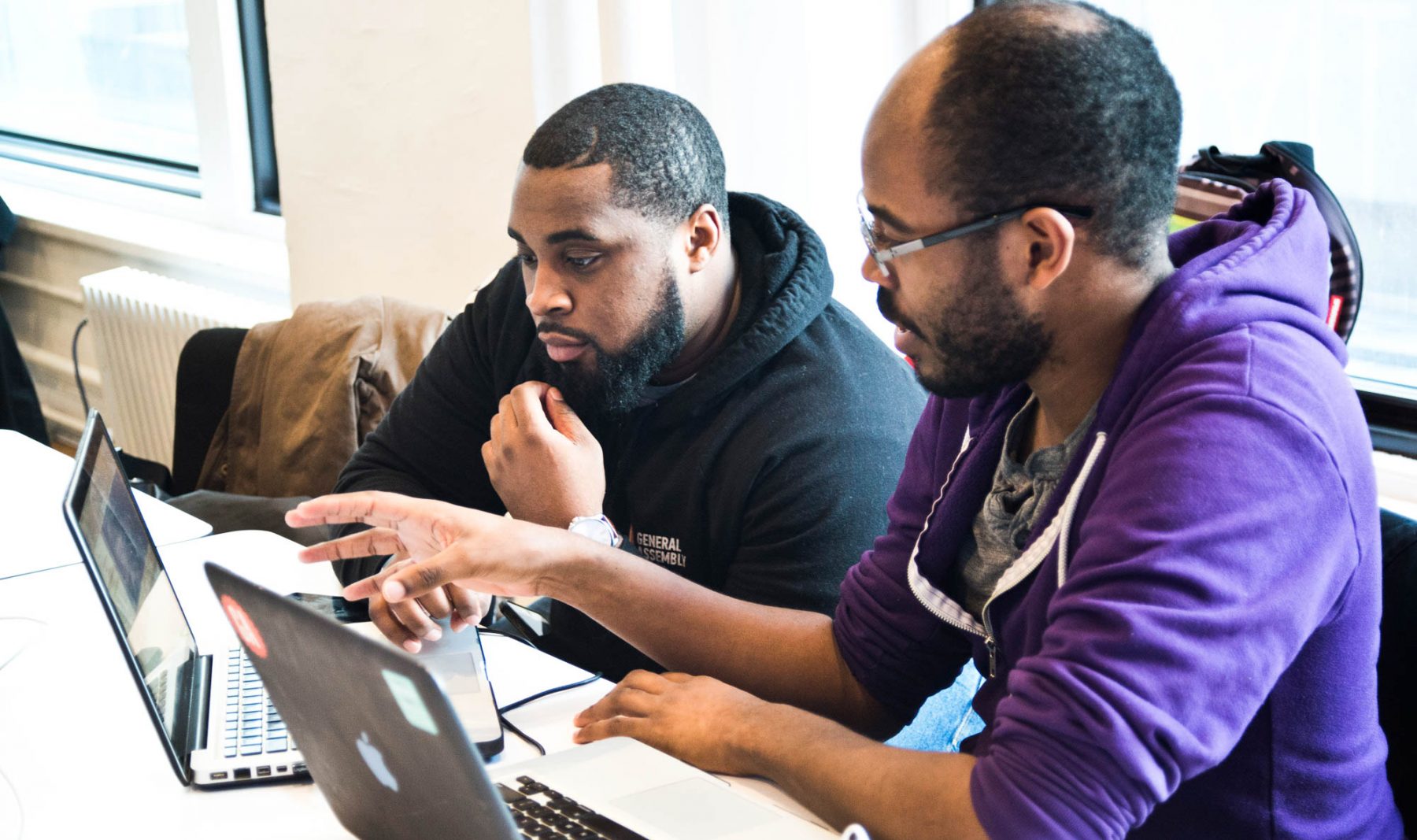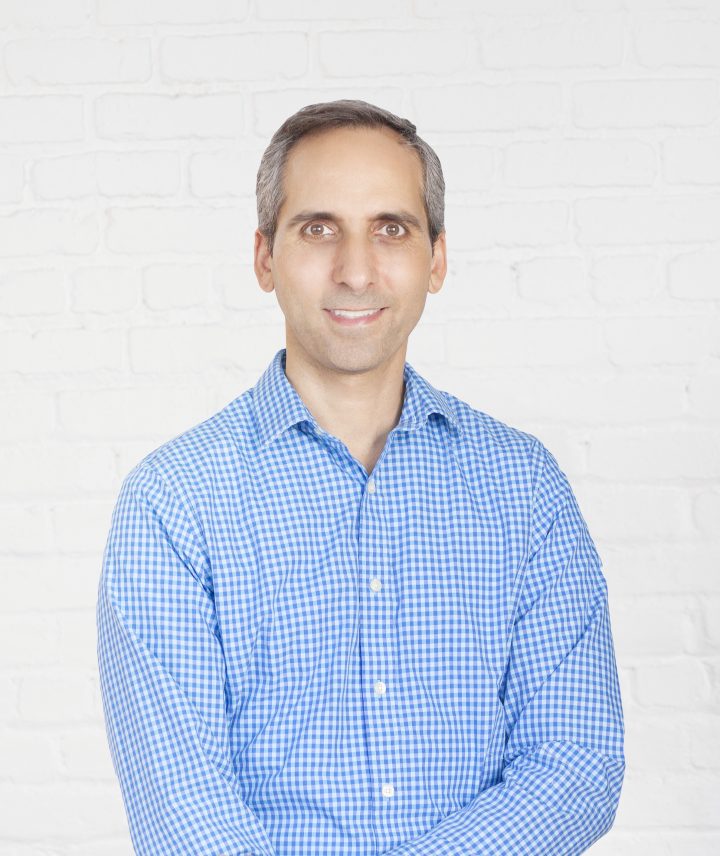Anna Lindow, vice president of partnerships at adult education startup, General Assembly (GA), wants to talk about school bells.
“The bells between classes were originally implemented to simulate factories,” Lindow explains. “All part of an outdated system that prepares us to be better workers, not better students.”
It’s true: American schools have long preferred the “factory model,” a European ideology that prefers standardization, top-down management and stark, industrial buildings. (Finally, the reason U.S. high schools are always so ugly.) In 2016, though—when more workplaces have coffee-bars than canaries—it doesn’t make any sense.
That’s what five-year-old GA set out to do. With a combination of short courses (online and overnight), as well as 10- and 12-week bootcamps, the private school is disrupting the way skills like web development and digital marketing are aggregated and taught. They’re focusing on the ROI of your education—the cheapest, fastest way for you to learn. Essentially, they treat the student like a consumer accustomed to value and efficiency in their services.




